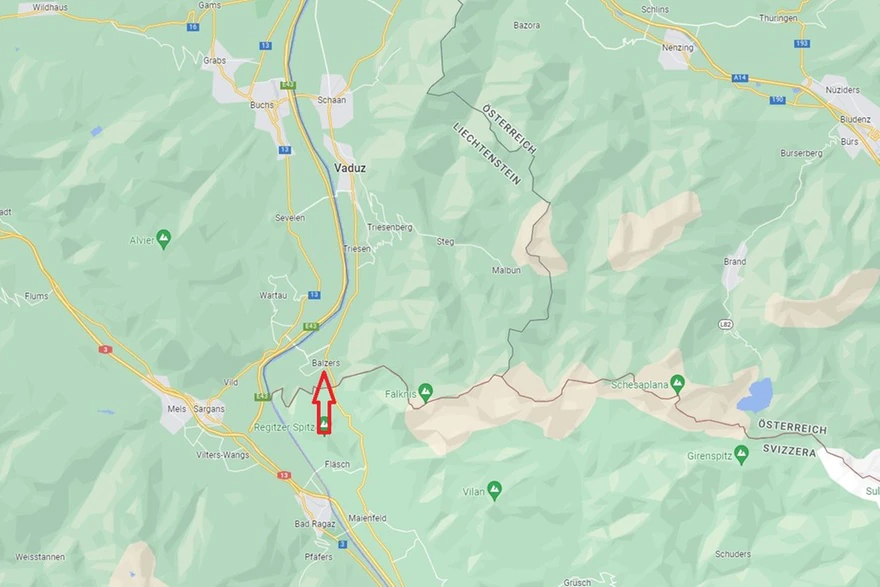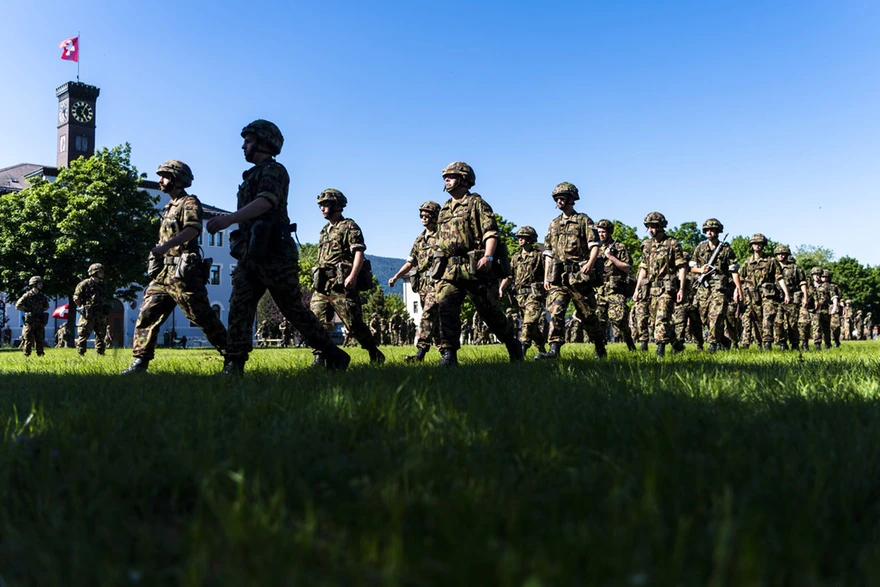On a dark March night almost 16 years ago, 170 conscripts from the Swiss army – in camouflage clothing and armed, albeit without ammunition – entered the territory of the Principality of Liechtenstein. It was the first time the Swiss army had set foot outside the country since a brief occupation by France after the fall of Napoleon in 1815.
Evidently, the March 2007 invasion was not planned by the high ranking Swiss army to conquer the small principality to the east of the Confederation. The invasion by the Swiss army was – as if it needed to be said – a lapse, a mistake.
The Principality of Liechtenstein has just under 40,000 inhabitants and has not had an army for over 150 years. The 41 kilometers of border the country shares with the Confederation, almost all of which is crossed by the Rhine (except for about ten kilometers of high mountains and less than two kilometers of false plain, which will be very important in our history), are not even inhabited. So it is easy to understand that entering their territory is not at all complicated, even and especially if it is done unintentionally.
But one thing is certain: no army – not even that of neutral Switzerland – may enter foreign territory for any reason whatsoever.
In the end, it was Switzerland that informed Liechtenstein about the inconvenience at the border. The commander of the mountain infantry recruit school personally apologized to the mayor of Balzers, the commune in the principality in which his soldiers had “overflowed.” The Liechtenstein authorities, for their part, had taken no notice, and none of the inhabitants had noticed the Swiss soldiers’ presence.
A night in 2007
But let’s go back to that night almost 16 years ago. It was the night between March 1 and 2, 2007. Around midnight, the recruits were conducting a night march that consisted of crossing the commune of Fläsch in the canton of Grisons, a village east of the Rhine that borders the commune of Balzers in Liechtenstein.
As already mentioned, this is a night march, which is very common during recruit school. But this is a particularly dark night: the sky is covered with heavy, black clouds that do not allow the moon and stars to illuminate the soldiers’ march. Then it begins to rain. The bad weather reduces visibility considerably. The soldiers are wearing camouflage clothing, which is not very practical and hinders their mobility. Even so, they march briskly along a hilly path, one of many hiking trails that all look somewhat the same. The village of Fläsch lies just below the soldiers, as indicated on the route map, but the distant lights of the village are dimmed by the pouring rain. It is not easy to orient oneself.
The captain, at the head of 170 recruits, continues confidently showing his soldiers the way. He may be lost, but he does not show it. At a crossroads, without realizing it, he takes the wrong way. They should have turned left, but they turn right, taking a road that leads directly to the Principality of Liechtenstein. No one realizes their mistake. The march continues and the soldiers penetrate into foreign territory for many more kilometers. The first light of dawn catches the Swiss recruits just above the village of Balzers. The Rhine flows in the wrong direction and the captain, but not only he, realizes his mistake: without a doubt, they were marching on the soil of the principality. Although they were exhausted due to the night march, the recruits follow their captain almost running towards the neighboring canton of Grisons.

Other cases
The mistake, as mentioned, was not noticed by anyone. Back at the barracks, the captain immediately reported the incident to the commander of the recruit school, who informed the higher echelon of the Swiss army, who in turn reported the incident to the Federal Council, who apologized to the principality.
This was not the first time that the Swiss army had ventured into foreign territory. As the army spokesman said at the time, every year there are one or two cases of Swiss army members mistakenly finding themselves in foreign territory. Most of the cases happened in the Jura and the canton of Schaffhausen (whose borders are particularly tortuous). The consequences could have been much more serious in these cases, since the invaded countries were France and Germany: countries which, unlike Liechtenstein, have an army, and a well-armed army at that.
*** Translated by the DEFCONPress FYI Team ***
